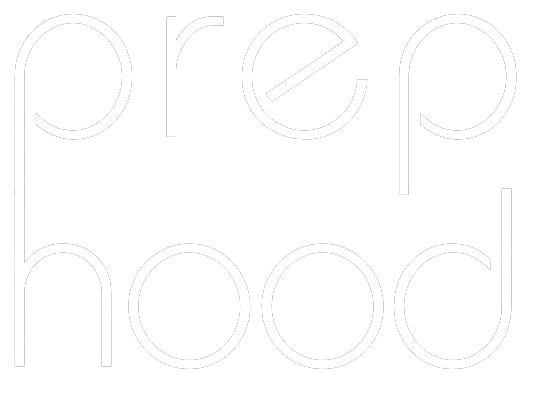While technical qualifications and experience are important, soft skills play a pivotal role in impressing job interviewers. These interpersonal and communication skills are often what differentiate a good candidate from a great one. In this article, we’ll explore the essential soft skills and provide tips on how to showcase them effectively during a job interview to leave a lasting positive impression.
Effective Communication
Effective communication is perhaps the most critical soft skill in any job interview. It encompasses your ability to articulate thoughts, listen actively, and engage in meaningful conversations. To impress the interviewer with your communication skills:
- Maintain eye contact to show confidence and interest.
- Speak clearly and concisely, avoiding rambling or jargon.
- Listen attentively to the interviewer, allowing them to finish speaking before responding.
- Ask thoughtful questions to demonstrate your engagement and interest in the role and the company.
Strong Interpersonal Skills
Interpersonal skills are vital for building positive working relationships. During the interview, you can showcase your interpersonal skills by:
- Demonstrating empathy and understanding.
- Showing respect for the interviewer’s perspective.
- Highlighting your ability to work well in a team and resolve conflicts.
- Providing examples of successful collaboration and teamwork in your previous roles.
Adaptability
Adaptability is crucial in today’s dynamic work environments. Interviewers appreciate candidates who can adjust to new situations and challenges. To showcase adaptability:
- Share stories of how you’ve successfully handled change or adversity.
- Mention times when you’ve quickly learned new skills or technologies.
- Emphasize your openness to feedback and continuous improvement.
Problem-Solving and Critical Thinking
Employers value individuals who can solve complex problems and think critically. During the interview, demonstrate your problem-solving skills by:
- Discussing specific challenges you’ve faced in previous roles and how you resolved them.
- Explaining your approach to analyzing issues and making decisions.
- Providing examples of creative solutions you’ve implemented to improve processes or outcomes.
Time Management and Organization
Time management and organization skills are essential to meet deadlines and manage work effectively. To impress the interviewer with these skills:
- Mention your ability to prioritize tasks and meet project deadlines.
- Explain how you keep track of your responsibilities, whether through digital tools or time management techniques.
- Share instances where your organizational skills resulted in increased efficiency or improved outcomes.
Emotional Intelligence
Emotional intelligence involves understanding and managing your emotions and those of others. Showcase your emotional intelligence by:
- Providing examples of how you’ve handled challenging situations with empathy and emotional control.
- Discussing your ability to give and receive constructive feedback positively.
- Highlighting your capacity to connect with colleagues, clients, or team members on a personal level.
Leadership and Teamwork
Even if you’re not applying for a leadership role, leadership and teamwork skills are valuable. Describe your leadership abilities by:
- Providing examples of when you’ve taken the initiative or guided a project.
- Discussing your role in mentoring or assisting colleagues.
- Emphasizing your ability to collaborate effectively within a team and motivate others.
Confidence and Professionalism
Confidence and professionalism go hand in hand. During the interview, convey confidence and professionalism by:
- Maintaining a positive demeanor throughout the interview.
- Dressing appropriately and in line with the company culture.
- Expressing enthusiasm for the role and the company.
- Sending a thank-you email after the interview as a sign of courtesy and professionalism.
Conclusion
Soft skills are a valuable asset in today’s job market and can significantly impact your chances of impressing a job interviewer. While technical qualifications are essential, demonstrating effective communication, interpersonal skills, adaptability, problem-solving abilities, time management, emotional intelligence, leadership, and professionalism can set you apart from other candidates. Remember that your soft skills are just as crucial as your hard skills in making a positive impression during a job interview. By showcasing these skills effectively, you increase your chances of landing the job and thriving in your future role.

